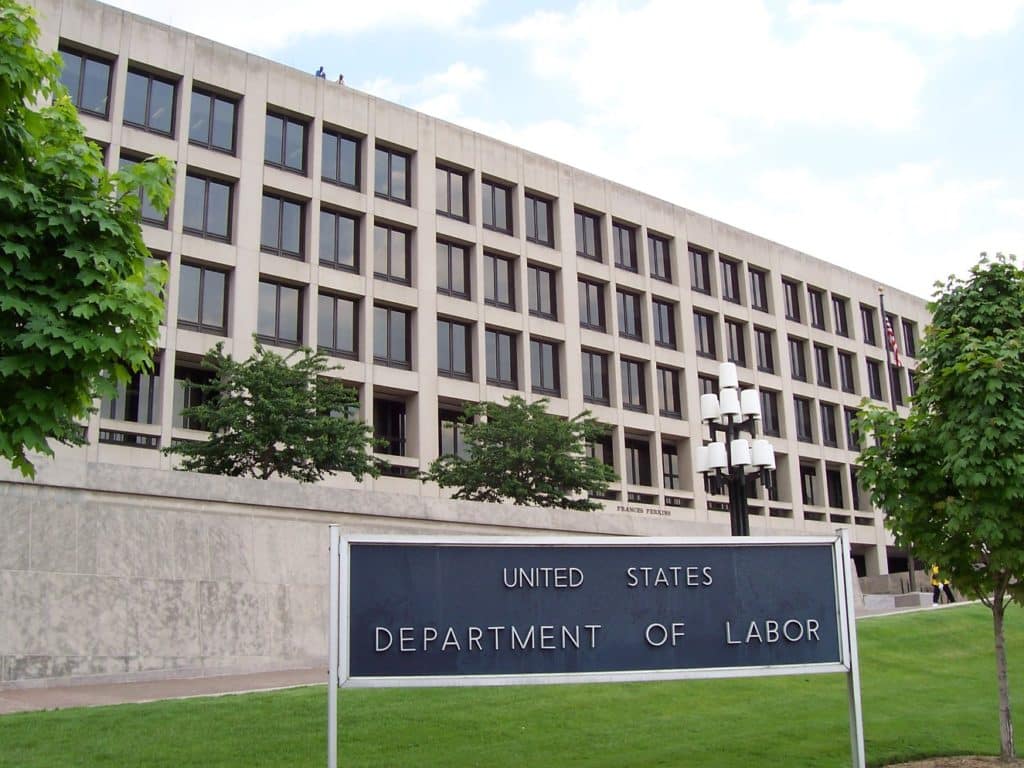The Labor Department’s Occupational Safety and Health Administration (OSHA) has fallen for a trap laid by the U.S. Chamber of Commerce.
The Chamber and its big corporate allies have led a long campaign dedicated to eroding protections for whistleblowers who report crimes. One of their favorite tactics is to try to get whistleblowers to report issues to the company’s attorneys or other company-led programs. They want to discourage reporting to law enforcement authorities, making it harder to rein in corruption on Wall Street and Corporate America at large.
Now the Chamber of Commerce is at it again and they’ve roped in OSHA to support them.
Take Action: tell the DOL they need to protect whistleblowers.
OSHA is asking for public comment on new guidance called Protecting Whistleblowers: Recommended Practices for Employers for Preventing and Addressing Retaliation.
Recommended Practices document is little more than a trap set to help companies sweep their whistleblower problems under the rug (at the expense of the whistleblower).
The Recommended Practices unknowingly plays into the hands of the Chamber of Commerce’s anti-whistleblower position, by pushing whistleblowers to report internally, letting corporations get an early warning that their crimes may be exposed. The document fails to inform whistleblowers of their right to report crimes directly to law enforcement officials—without reporting internally first, that they can do so confidentially, or that whistleblowers may be eligible for awards for reporting.
The document is based on principles laid out by the Secretary of Labor’s Whistleblower Protection Advisory Committee’s Best Practices for Protecting Whistleblowers and Preventing and Addressing Retaliation. This document explicitly states, “The purpose of this document, as drafted, is to forestall the necessity for an employee to seek official governmental action,” and that setting up the programs they advocate, “avoids external legal and public relations risks.”
Fortunately there is still time to tell the Labor Department that they are making a mistake. The comment period for this document is open until January 19th. We can let the Labor Department know our position—that whistleblowers should be able to report directly to law enforcement authorities to help prosecute Wall Street criminals—and that we refuse to give big corporate criminals another way to escape accountability.
Take Action! Tell the Department of Labor to withdraw this document and stand up for whistleblowers. You can file your comment directly through www.regulations.gov or cut and paste this link into your browser: 1.usa.gov/1PP1TLH or you can take the action through the National Whistleblower Center’s Action Alert page.
Related documents:
- The National Whistleblower Center’s official comment
- Memorandum to Open Docket for Comments on Protecting Whistleblowers: Recommended Practices for Employers for Preventing and Addressing Retaliation
- DRAFT Protecting Whistleblowers: Recommended Practices for Employers for Preventing and Addressing Retaliation
- WPAC Document – Best Practices for Protecting Whistleblowers and Preventing and Addressing Retaliation
